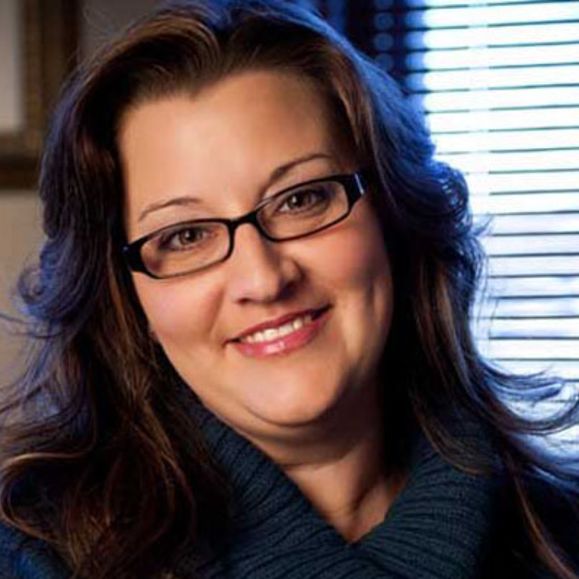When choosing to adopt—or navigating adoption as a birth or adoptive parent—understanding the difference between open and closed adoptions is essential. These terms refer to the level of communication and contact maintained between birth parents and adoptive families after the adoption is finalized.
Closed Adoption:
- No identifying information is shared between birth and adoptive families.
- The child may not have direct access to their birth family, heritage, or history.
- These adoptions were more common in previous generations.
- Some believe they offer privacy and emotional closure.
- Challenges may include identity confusion for adoptees and unresolved grief for birth parents.
Open Adoption:
- Some degree of contact is maintained, ranging from occasional updates or letters to regular visits or ongoing relationships.
- The child often knows their adoption story from a young age.
- Open adoption supports a more transparent narrative and can help children integrate both families into their identity.
- The level of openness is flexible and may evolve over time.
Neither option is inherently “better”—what matters most is what’s emotionally and developmentally appropriate for everyone involved. This is where adoption counseling can be invaluable.
A trained therapist can support:
- Pre-adoption decision-making: Exploring what kind of openness feels manageable and meaningful for your family.
- Navigating complex emotions: Jealousy, fear, gratitude, grief, and guilt may arise on all sides—counseling helps normalize and work through them.
- Establishing healthy boundaries: In open adoptions, therapy supports communication agreements that are respectful, child-centered, and sustainable.
- Talking to your child: Whether the adoption is open or closed, counseling helps adoptive parents and adoptees explore how and when to share adoption details, especially as the child matures.
- Supporting birth parents: For birth parents in open adoptions, therapy provides a space to grieve, heal, and process their ongoing role in their child’s life. In closed adoptions, counseling can help address unresolved loss or regret.
Because adoption dynamics shift over time, therapy for adoptive parents, adoptees, and birth parents remains valuable at different life stages. Whether your adoption is open, closed, or somewhere in between, counseling helps each person involved feel more heard, supported, and emotionally safe.













